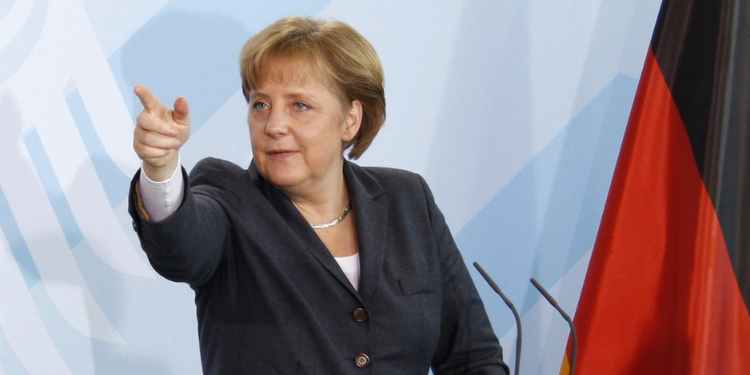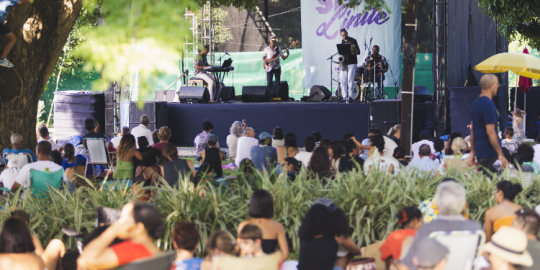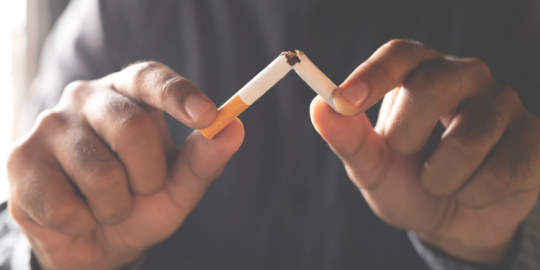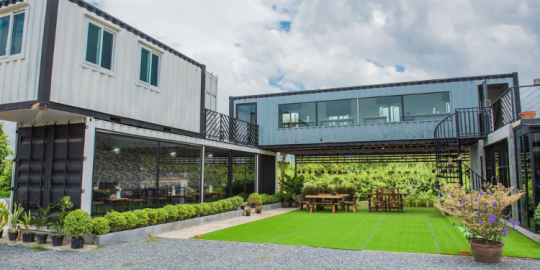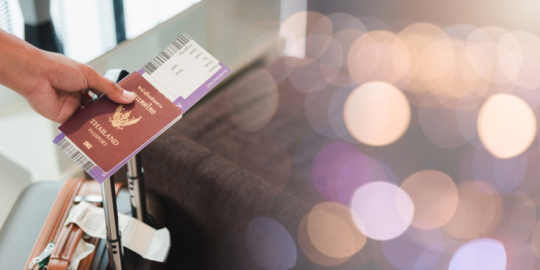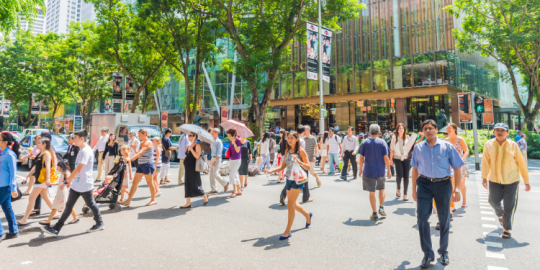New Zealand
New Zealand's Prime Minister Jacinda Ardern has some serious firsts: she's the world's youngest female leader and the first elected leader to take maternity leave. Also, she is unmarried, and she's the second woman in history to give birth while serving as a head of state. New Zealand's third female prime minister fights child poverty and climate change. She is also campaigning to make it harder for non-residents to buy real estate, as their investments are raising the accommodation prices in Auckland, making housing unaffordable for the local.
United Kingdom
Oxford-educated Theresa May became Britain's second female Prime Minister after Margaret Thatcher in July 2016. Before, she had been one of Britain's longest-serving home secretaries, working chiefly on police reform and stricter drug and immigration policies. But Theresa May has made history by triggering the legal process to lead the UK out of the European Union, less than a year after her election.
Germany
In her 13 years as Germany's Chancellor, Angela Merkel has won the title of the most powerful woman in the world. But for the German people, Angela Merkel is their “mutti” meaning “mummy” in English. In 2005, Merkel became Germany's first female Chancellor, and ever since she has won four elections, with the vast support of women voters.
Bangladesh
Bangladeshi Prime Minister, Sheikh Hasina Wazed is a survivor. She was lucky to be abroad when in 1975, during a coup d'état, assassins eliminated her family, killing her son, three brothers, mother, and father, who was a former Prime Minister. In 2004, she survived a grenade attack that killed 24 people and injured more than 300. Hasina was first elected in 1996 and re-elected in 2009, after an eight-year gap due to her ouster.
Lithuania
Dalia Grybauskaitė was inaugurated President of Lithuania on 12 July 2009 and re-elected in May 2014. She is Lithuania's first female president, and the only president of the country to win a second term. Dalia Grybauskaitė has made it to the 68th position on the Forbes' list of the Most Powerful Women for 2017.
Norway
The second best country for gender equality according to the World Economic Forum's latest report, Norway, is currently led by the female Prime Minister Erna Solberg, who came to power in 2013. Erna Solberg has also been the Leader of the Conservative Party since May 2004.
Namibia
In 2015, Saara Kuugongelwa-Amadhila became the first woman Prime Minister of Namibia and the fourth prime minister overall. She is a member of the SWAPO Party of Namibia, which has been the party in power since the country's independence in 1990. Due to her affiliation with SWAPO, Saara Kuugongelwa-Amadhila went into exile at the age of 13, two years before she went to Sierra Leone in 1982. With every opportunity, Namibia's Prime Minister speaks out about gender equality and women's rights.
Malta
Marie-Louise Coleiro Preca took her oath as the ninth President of the Republic of Malta in April 2014. She is Malta's youngest president and has been actively engaging in politics since her late teens. She has dedicated most of her political career to social matters and vulnerable groups. She is also an avid supporter of the UN's campaign for the achievement of gender equality and women's rights.
Croatia
Kolinda Grabar-Kitarović is the first woman to be elected to the office after the first multi-party elections in 1990 and the youngest president ever of Croatia. Croatia has a Prime Minister too, who is proposed by the president but approved by the parliament. Kolinda Grabar-Kitarović assumed the presidency in 2015 at the age of 46, after a long-standing career in politics and diplomacy. She has served as foreign minister, ambassador to the US, and NATO Assistant Secretary General.
Nepal
Bidhya Devi Bhandari is the second President of the Republic of Nepal and the first woman to be elected. She started her career in politics as the Minister for Environment and Population in 1997, and in 2009 she became the Defence Minister, being entrusted with highly sensitive information. Bidhya Devi Bhandari has been a political activist, playing a pivotal role in Nepal's gradual transition from a traditionally male-dominated society to one in which women have equal rights.
Marshall Islands
Hilda Cathy Heine is the first woman president of all Micronesian countries and the eighth President of the Marshall Islands. She is highly educated, with undergraduate studies at the University of Oregon in the United States, a master's degree obtained from the University of Hawaii, and a doctorate in Education completed at the University of Southern California; making her the first citizen of the Marshall Islands to have a PhD. Hilda Cathy Heine is committed to protecting her people from the side effects of climate change and is the founder of the women's rights group, Women United Together Marshall Islands (WUTMI).
